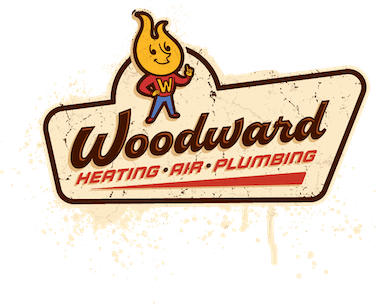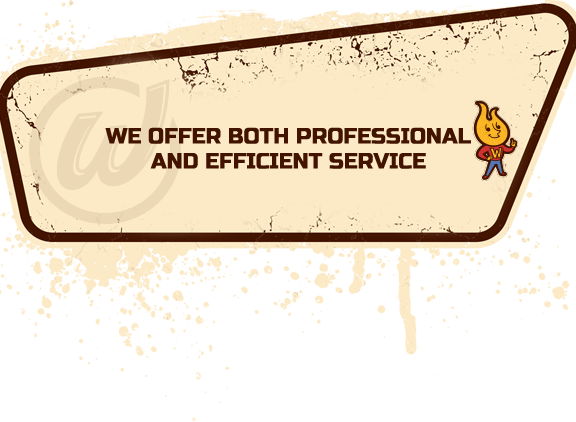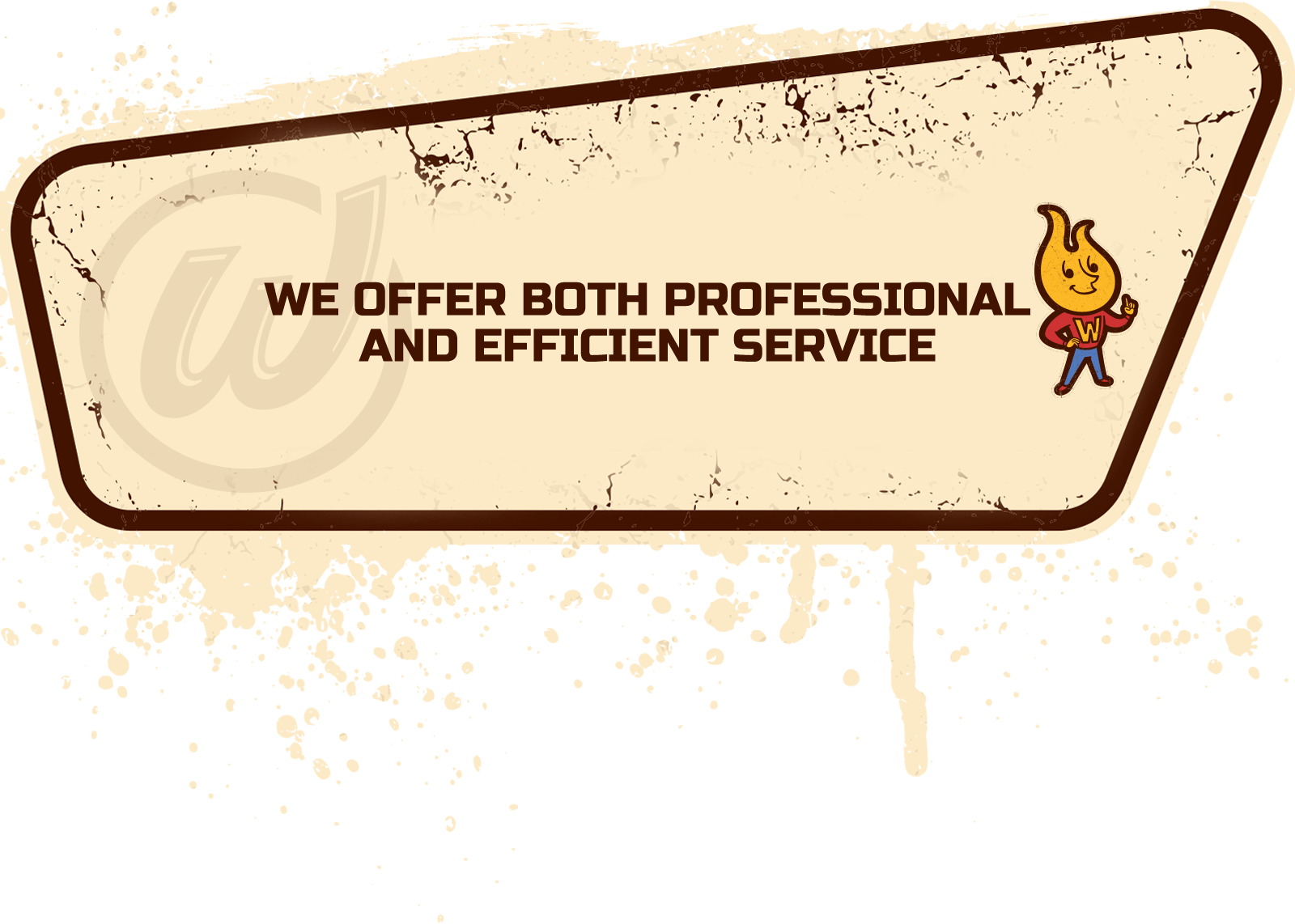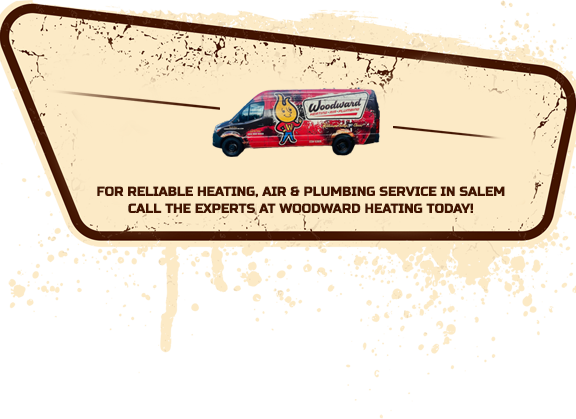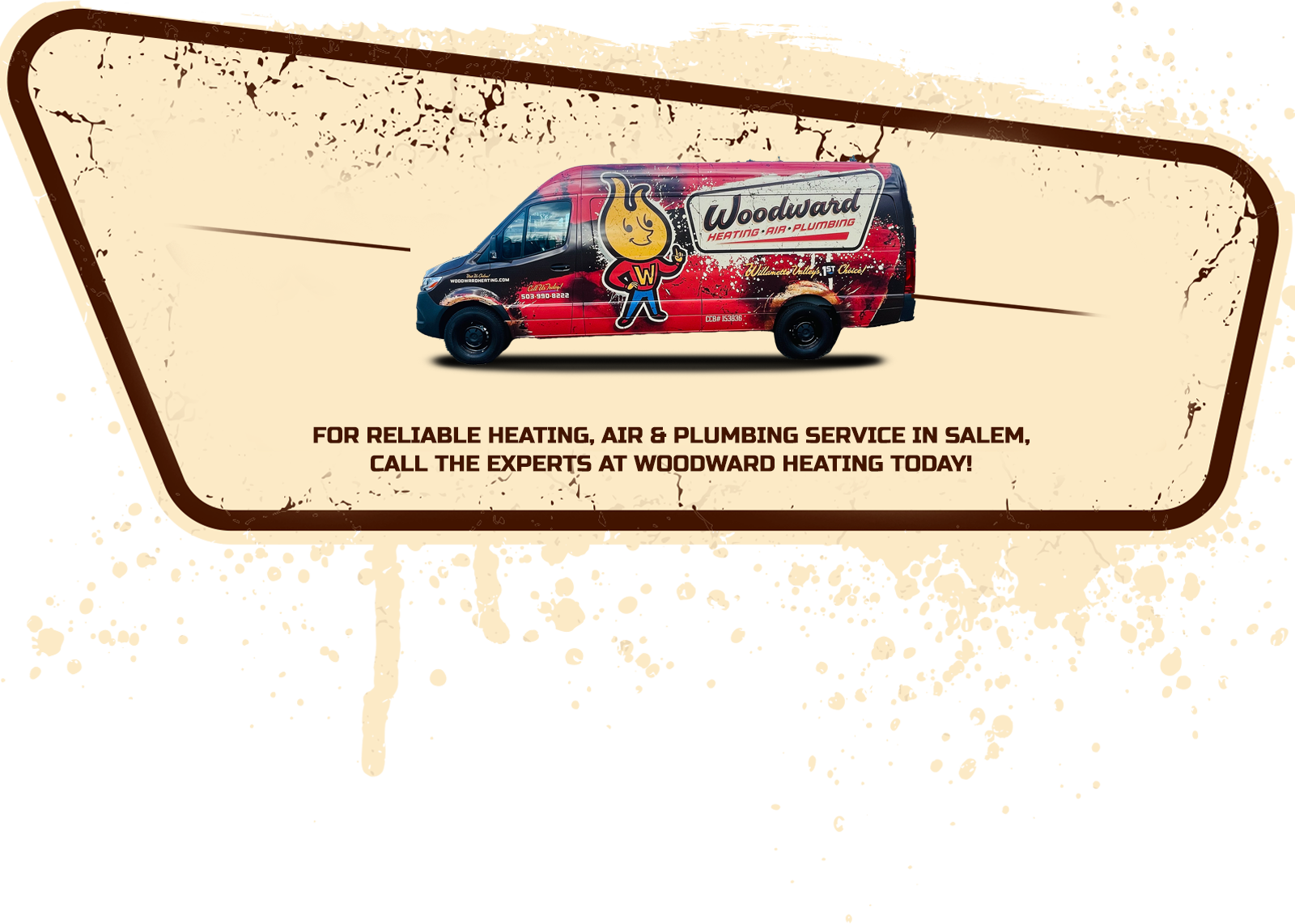What Is An Air Purifier?
Many folks are unaware of the pollutants present in the air inside their homes. Cooking odors, pet dander, insect parts, dust and cigarette smoke are just a few common airborne pollutants. These and other pollutants such as airborne viruses, bacteria, and mold can cause health problems, particularly for those with allergies or asthma. Volatile organic compounds that come from household products like paint, nail polish and pesticides are also common airborne contaminants. Some pollutants like radon come from the earth and enter a home through cracks in the foundation, from exposed soil and from around pipes and electrical outlets.
How Is It Effective?
There are several ways to keep indoor air clean. Reducing or eliminating the source of pollutants is the most effective way to maintain a healthy indoor environment. Improving ventilation increases air exchange, which helps bring fresh air indoors and move stale air outside. Using indoor air filtration and purification systems can help rid a building of pollutants and keep the air fresh. There are many types of indoor air cleaners that provide air purification benefits. Many are designed to work with a central heating, ventilation and air conditioning system.
Health Benefits Of An Air Purifier
Heating and air conditioning contractors with certification in air purification systems can help homeowners evaluate the health benefits of air purifiers that are compatible with HVAC units. Components include high-efficiency filters, ultraviolet lights, and dehumidifiers. Each performs an important function in keeping indoor air fresh and clean. Filters trap particulates, and UV lights destroy mold and bacteria. Dehumidifiers keep indoor air at proper humidity levels for indoor comfort.
Standard HVAC filters are designed to keep pollutants out of the air conditioning system. Better filters capture pollutants that enter your home and are associated with health problems. A certified HVAC contractor can recommend filters with a minimum efficiency reporting value, or MERV, rating that provides the air purification benefits best suited for your household. Filters with values between MERV 8 and 13 remove common household pollutants, mold, bacteria and smoke down to .3 micron. Filters rated higher than MERV 13 are suitable for offices, laboratories, and hospitals. High-efficiency filters must be changed or cleaned regularly.
To make sure that you get the maximum health benefits of air purifiers and air cleaners, install efficient, high-quality equipment. Look for a certified HVAC contractor with experience in the installation and maintenance of air purification systems. Also make sure that the contractor is licensed, insured and bonded.

